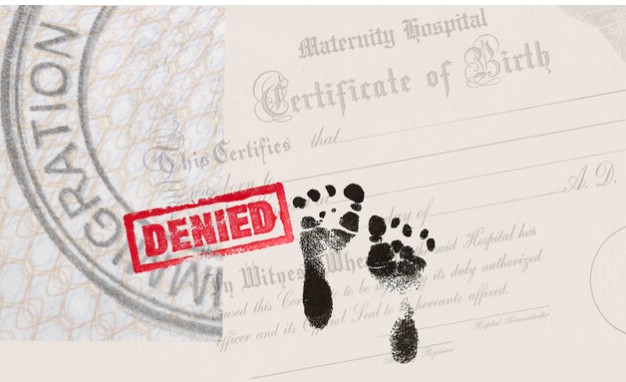The U.S. Supreme Court is set to hear arguments on May 15 regarding President Donald Trump’s executive order seeking to restrict birthright citizenship a major shift in longstanding immigration policy.
The executive order, signed on January 20, instructs federal agencies to deny automatic U.S. citizenship to children born on American soil unless at least one parent is a U.S. citizen or lawful permanent resident.
The policy was immediately challenged in federal courts, with judges in Washington state, Massachusetts, and Maryland issuing nationwide injunctions that temporarily block the order from taking effect. The Trump administration asked the Supreme Court to narrow the reach of those injunctions, but the justices deferred that request and instead scheduled full arguments for next month.
The case has drawn national attention, with supporters of the order arguing it defends the integrity of U.S. citizenship laws, while critics warn it undermines the 14th Amendment, which has guaranteed birthright citizenship for over 150 years.
The Court’s decision could reshape the national conversation on immigration and constitutional rights with implications far beyond the courtroom.



